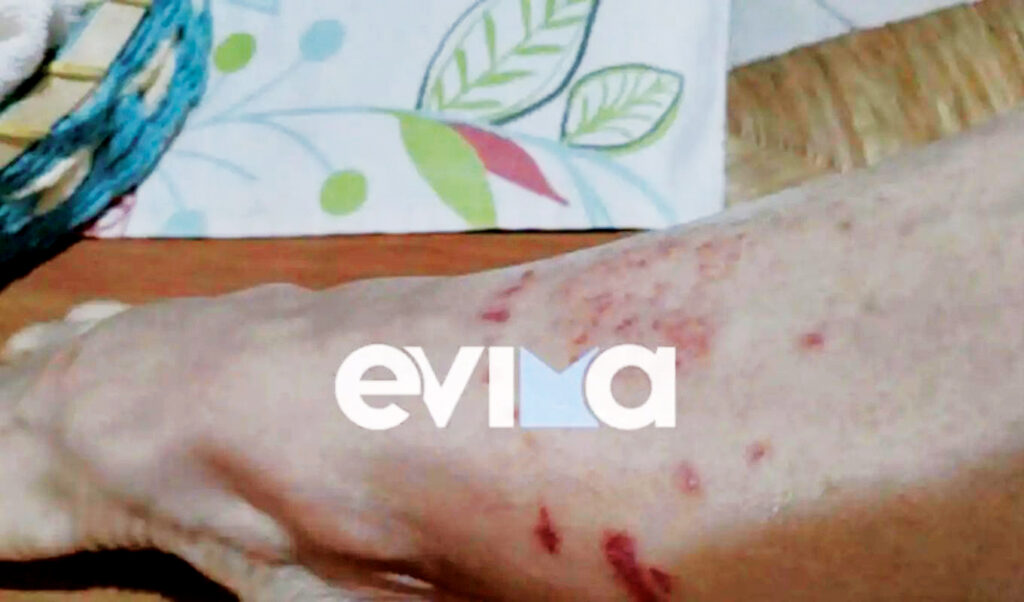The spread of purple jellyfish (Pelagia noctiluca) in the waters around Evia appears to be out of control, with increasing numbers of swimmers reporting stings that cause intense pain, irritation, and in some cases, more serious symptoms such as nausea or difficulty breathing.
According to evima.gr and the Greek Biodiversity Observatory, purple jellyfish have been spotted at various points in the northern Euboic Gulf and around Chalcis, with their presence being particularly intense in areas such as Dafni beach, the coastal zone from Agios Minas to the Chalcis bridge, and Nea Artaki.
Scientists are expressing concern, emphasizing that the spread of the phenomenon is faster than initial estimates. Northern Evia is significantly affected, as it serves as an exit channel from the Pagasetic Gulf to the open seas, where large concentrations of jellyfish are also observed, mainly along the eastern coasts.
The Greek Biodiversity Observatory calls on swimmers to be particularly careful and avoid the sea in areas where jellyfish presence has been recorded. Special attention is drawn to families with small children or individuals with sensitivities, as stings can be extremely painful or even dangerous.
Purple jellyfish: What to do if stung
-Do not touch the area with bare hands.
-Remove tentacles with tweezers or a card, not with your hands.
-Rinse with seawater – never with fresh water.
-Apply ice or cold compresses.
-If needed, use antihistamine cream or painkillers.
-Possible symptoms after a sting
-Intense burning pain
-Skin redness, jellyfish imprint
-Nausea, vomiting, diarrhea
-Blood pressure drop, rapid heartbeat
-Difficulty breathing, bronchospasm
Warning: If systemic symptoms such as low blood pressure, hoarse voice, wheezing, or fainting appear, immediate transport to a hospital is required.
What to bring to the beach
For timely treatment of a possible sting, the Observatory recommends having a first aid kit at the beach, including:
-A plastic card (e.g., old credit card)
-Tweezers
-A small cup
-Some baking soda with seawater (1:1)
-Antihistamine pill
-A cortisone cream, e.g., Fucicort.




